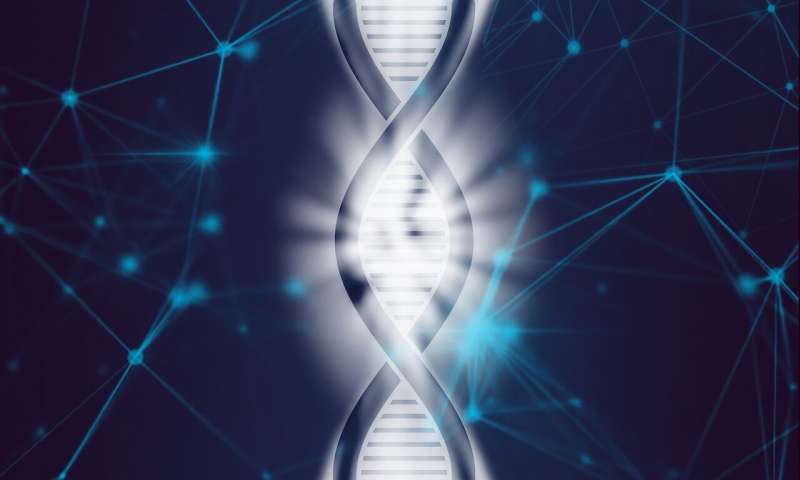Genomics, transcriptomics and proteomics shed light on autoimmune thyroid disease

Scientists at deCODE genetics, a subsidiary of Amgen, and their collaborators from the Icelandic healthcare system, University of Iceland and the Karolinska Institute in Sweden, have published a study in Nature comparing over 30,000 patients with autoimmune thyroid disease from Iceland and U.K. with 725,000 controls. Autoimmune thyroid disease (AITD) is the most common autoimmune disease and is highly heritable. The scientists found 99 sequence variants that associate with autoimmune thyroid disease and 84 of those had not been associated with the disease before.
One of the newly discovered sequence variants is in a gene that codes for the FLT3 receptor (fms-related tyrosine kinase 3) on blood cells and immune cells, and is of interest for several reasons.
First, it strongly increases the risk of autoimmune thyroid disease and other autoimmune diseases, both systemic lupus erythematosus (SLE), rheumatoid arthritis (RA) and celiac disease. These diseases are all characterized by autoantibodies and are more common in women than men. Furthermore, patients with these diseases are quite often affected by autoimmune thyroid disease, as well.
Second, it is known that activating somatic mutations in the FLT3 gene associate with acute myeloid leukemia (AML). Therefore, the scientists tested whether this FLT3 germline variant affects the risk of AML as it increases the risk of autoimmune diseases. It turned out that it almost doubles the risk of AML, but not the risk of cancer overall.
Third, it is quite remarkable that this variant in FLT3, which is in an intron of the gene and does not directly affect coding sequence, can have so strong effect on disease risk. It turns out that the variant introduces a stop codon in one-third of the transcripts, which results in a shorter protein that lacks the kinase part, which is essential for its function.
Finally, this variant in FLT3 affects the plasma levels of several other proteins in the body, especially the ligand of FLT3, resulting in almost double the level in carriers. This molecular couple, the FLT3 receptor and its ligand, has a key role in the development of blood cells that are important in both acute myeloid leukemia and immune responses. Hence, this variant is a loss of function mutation that through compensatory increase in the level of the ligand, acts as a gain of function.
"This report describes a novel major risk gene for several autoimmune diseases, discovered through a genome-wide study on autoimmune thyroid disease, and how the risk variant affects the gene product, FLT3, and consequently the level of the ligand to the FLT3 receptor in blood, thereby demonstrating its functional importance," says Prof. Saedis Saevarsdottir, scientist at deCODE genetics and first author on the paper
"The discoveries presented in this paper are based on the sequential application of genomics, transcriptomics and proteomics; the combination of these three omics in a hypothesis independent manner yields a remarkably powerful approach to the study of human disease," says Kari Stefansson, CEO of deCODE genetics and senior author on the paper.
More information: Saedis Saevarsdottir et al. FLT3 stop mutation increases FLT3 ligand level and risk of autoimmune thyroid disease, Nature (2020). DOI: 10.1038/s41586-020-2436-0

















